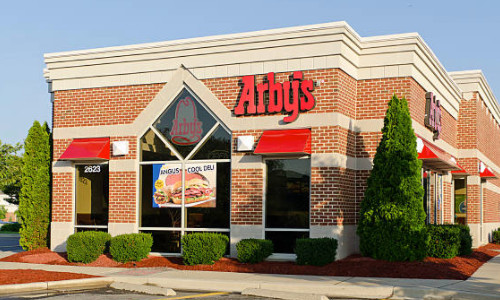
Advantages and disadvantages of a Ground Lease
What is a ground lease?
A ground lease is exactly what it means, as the lessor owns the ground and not the buildings. In a triple net ground lease, the tenant owns the building, and the landlord owns the ground. Typically, the ground lease agreement entails a long lease term. And if the tenant defaults on the term or the term expires, the landowner takes over the building.
Advantages of a ground lease:
The two biggest advantages of a ground lease are: low risk investment and stable income. In terms of a ground lease being a low risk investment, this is the case because the tenant has equity in the building. The tenant has more interest in being successful since they own the building. And if they default on their agreement, their equity in the building transfers to the landowner.
The other advantage is a stable income stream. Tenants pay the landowner rent to have the building on their land, and run their business. This is a good way to generate cash flow with such a low risk investment.
Disadvantage of a ground lease:
The biggest disadvantage of a ground lease is based on tax classification. An advantage of real estate is that an owner can depreciate the building. However, the tax code does not allow anyone to depreciate land. As a result, the investor of a ground lease cannot get tax benefits from depreciation.

